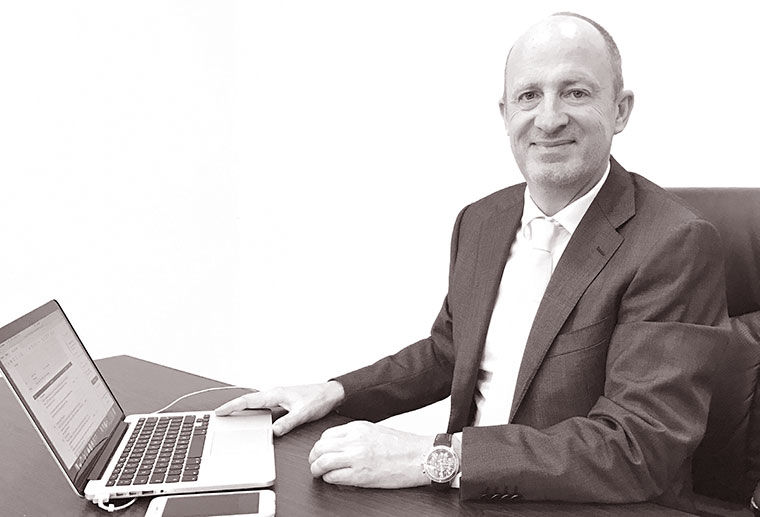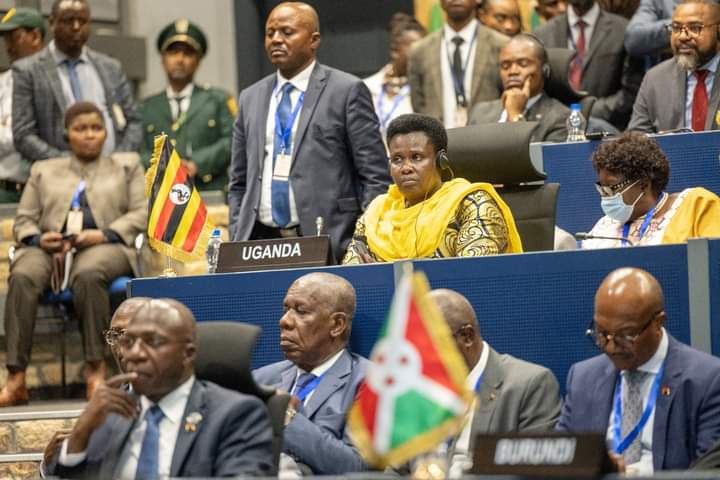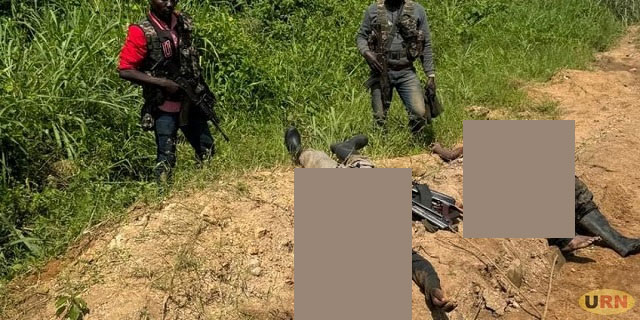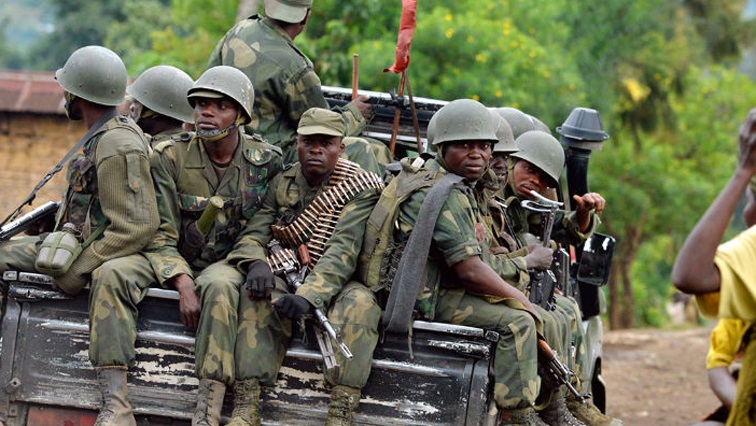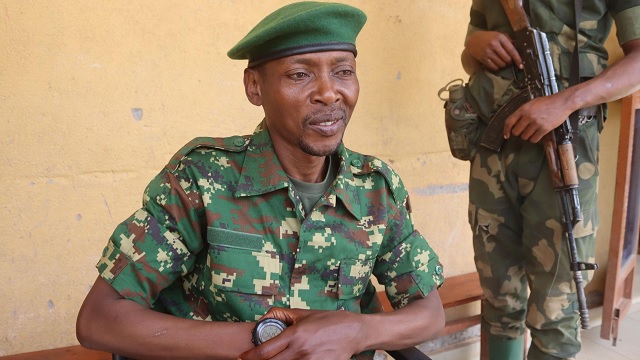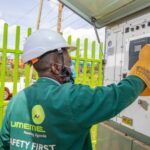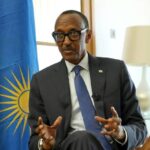Belgian gold refiner Alain Goetz has said that sanctions that were imposed against him by the US Department of the Treasury’s Office of Foreign Assets Control over his alleged involvements in the gold trade in the Democratic Republic of Congo (DRC) were based on misinformation.
The US Department of the Treasury’s Office of Foreign Assets Control (OFAC), announced Thursday that it was sanctioning Alain Goetz, the African Gold Refinery in Uganda, and a network of companies involved in the illicit movement of gold from the DRC.
The action was taken pursuant to an executive order that targets, among other things, individuals and entities involved in activities that threaten the peace, security, or stability of the DRC or that undermine democratic processes or institutions in the DRC.
The office highlighted in a statement that more than 90% of DRC gold is smuggled to regional states, including Uganda and Rwanda, where it is then often refined and exported to international markets, particularly the UAE. It added that in eastern DRC, where there are approximately 130 active armed groups, the gold trade is a major driver of conflict because it provides revenue to armed groups that threaten the peace, security, and stability of the DRC.
“Conflict gold provides the largest source of revenue to armed groups in eastern DRC where they control mines and exploit miners,” said Under Secretary of the Treasury for Terrorism and Financial Intelligence Brian E. Nelson. He added that Alain Goetz and his network have contributed to armed conflict by receiving DRC gold without questioning its origin.
But Goetz says that this listing seems to be based on misinformation. He explains that he wrote to the Secretary of the US Treasury, Janet Yellen, in April 2021, when such allegations were first brought up and clearly demonstrated why such a move would be unfair, unjust and uncalled for.
“As we explained then and we will repeat here, the petition to sanction me and my corporate networks by Senator Cory A. Booker, Senator Benjamin L. Cardin and Richard J. Durbin were based on unfounded accusations published by various non-governmental organisations (NGOs).
He says that the African Gold Refinery has continuously reached out to the NGOs and the media over their inaccurate reports, inviting them to meet with company representatives and visit the facilities so as to get a first-hand account of its operations. However, he adds, these invitations have been ignored resulting in their heavily skewed reports.
According to Goetz, OFAC has assigned itself the role of policymaker of DRC’s mineral trade, stripping the country of independence to take charge of its affairs. He adds that what the United States is saying with these sanctions is that the authorities in DRC and Uganda have failed to do their job in screening who does legal business or not.
“What cannot be disputed though is that the African Gold Refinery has been a model company that has contributed to the growth of Uganda and the region since inception, by improving the fiscal transparency in the regional gold trade while operating in full accordance with national, regional and international regulatory frameworks.
He added that he has not been to DRC in more than 20-years and has not kept any active contacts within DRC either.
“In 2014, I was requested to return to East Africa to set up the region’s first gold refinery. This is a request I honored. And nothing has made us prouder than to see the impact that the African Gold Refinery has had on the gold industry in the Great Lakes Region,” Goetz explained in a statement issued this afternoon.
He adds that due to his initiative, the gold industry in the region is more transparent, a complete shift from the hidden underground industry that offered informal traders a safe haven. The statement explains that International organizations can now easily verify information and quote figures because of the transparency that he laid a foundation for with the launch of the African Gold Refinery, adding that this transparency is what the US has just placed at great risk with the same sanctions.
“I have been interacting with international bodies such as the United Nations (UN) and OFAC regarding the trade flows of precious metals in the Great Lakes Region. I also delivered a speech at the 2017 OECD conference in Paris, where I strongly called for deeper transparency in Africa’s gold market, offering recommendations on how this could be done.”
Goetz adds that the inaccuracy of the information of OFAC’s press release seems to indicate that their research is solely based on open-source reports by NGOs, which have previously been proven to be incorrect or biased in their reporting. OFAC presents no documented evidence beyond hearsay to back up their claims.
6 total views , 1 views today

